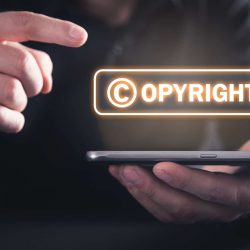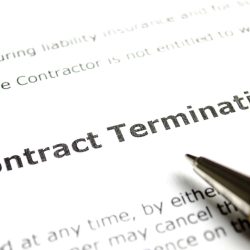In recent years, there has been a lot of talk about SAFEs and KISSes as alternatives to convertible notes in the start-up and technology community. But what is the difference? We have put together a simplified comparator to help get you up to speed on the differences between them, so you can better understand your financing options.
What is a SAFE?
SAFE, created by Y-combination, stands for a “Simple Agreement for Future Equity”. In practice a SAFE enables a startup company and an investor to accomplish the same general goal as a convertible note, though a SAFE is not a debt instrument.
A SAFE is an agreement that can be used between a company and an investor. The investors, invest money in the company using a SAFE. In exchange for the money, with a SAFE, the investor receives the right to purchase stock in a future equity round (when one occurs) subject to certain parameters set in advance in the SAFE.
Founders love SAFEs, particularly at the pre-revenue stage due to the fact that they are simple and easy to understand, and there is no need for an initial valuation or share price, which is determined at a later date when the company presumably has more revenue
Unlike convertible notes, there is no debt with a SAFE. There is no maturity date either, which means investors have to wait an unspecified amount of time before they can get their hands on the equity they bought, if that ever happens.
Many in the start-up and investment community support SAFEs, particularly in seed rounds. However, many institutional investors and corporate partners are weary of SAFEs due to both their untested legal standing and the lack of security they offer.
What is a KISS?
As a response to the perception that SAFEs are biased towards the company vs. the investor, a hybrid has been introduced by 500 Startups called KISS (Keep it Simple Security).
This new hybrid integrates the SAFE with certain elements of a more investor-friendly convertible debt mechanism.
There are two types of KISSes, the first is a convertible debt structure. This option accrues interest at a rate of 5% that can be paid back by the company in cash, and has a maturity date of 18-months. It provides an automatic conversion to stock if the company raises a qualifying price round ($1M). At the point of maturity, the holder may convert the underlying investment amount, plus accrued interest, into a newly created series of preferred stock of the company.
The second type is an equity financing structure. This is option does not accrue interest, but does have a maturity date of 18-months. It is more of a middle ground between the SAFE and Convertible Debt. Just like the KISS convertible notes, they automatically convert into equity at the next round of equity financing, but only if the financing is for $1 million or more.
Have questions, or need help navigating your financing options? Give us a call and set an appointment up, we are happy to help you further explain your options and guide you in the right direction.




